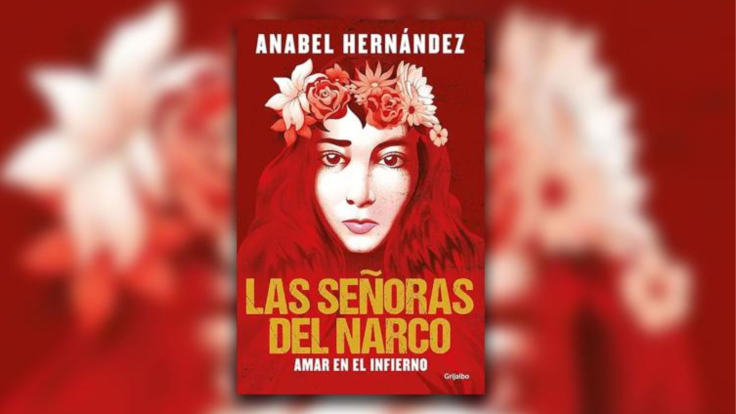
The Instituto Mexicano de la Propiedad Industrial (IMPI) has ruled against Penguin Random House and investigative journalist Anabel Hernández for unauthorized use of socialite Violeta Vizcarra's image in the bookLas señoras del narco: Amar en el infierno, in a landmark decision that reverberates through Mexico's publishing and legal landscapes.
The IMPI, which rules in cases of intellectual property, determined that Vizcarra's photograph, sourced from her social media without consent, was featured on the book's cover and within its pages.
The IMPI deemed this unauthorized use a violation of her image rights, dignity, and presumption of innocence. Consequently, the publisher faces a fine exceeding 500,000 pesos (approximately $27,000 USD). Moreover, Vizcarra is entitled to claim up to 40% of the book's net sales as compensation for damages.
A controversial and powerful book
Las señoras del narco: Amar en el infierno, released in 2023, is part of Hernández's series exploring the intricate ties between women and Mexico's drug cartels. The book alleges that Vizcarra had close associations with notorious drug lord Arturo Beltrán Leyva, suggesting she facilitated introductions between him and women from the entertainment industry. These claims, primarily based on testimonies from an individual identified as "Celeste," have been contested by Vizcarra, who asserts that the portrayal is unfounded and damaging.
tomela #cascabelhernandez por .ulera y sobese que no hay curitas
— Isela Caudillo (@IselaCaudillo) June 5, 2025
¿Quién es Violeta Vizcarra, socialité que le ganó demanda a Anabel Hernández? https://t.co/E04M24fQNe
Vizcarra, born in Torreón, Coahuila, and once a beauty pageant contestant, has maintained a relatively private life. Her unexpected prominence in Hernández's narrative and the subsequent legal battle underscore the complexities of balancing journalistic freedom with individual rights.
This case sets a significant precedent in Mexico, highlighting the legal responsibilities publishers and authors bear when depicting real individuals, especially in contexts that may imply criminal associations. It also emphasizes the importance of obtaining explicit consent when using personal images for commercial purposes.
For Hernández, known for her fearless reporting on organized crime, this ruling represents a notable setback. While her work has shed light on the underbelly of Mexico's drug wars, it now also serves as a cautionary tale about the ethical and legal boundaries of investigative journalism.
As the publishing industry grapples with the implications of this decision, it serves as a reminder of the delicate balance between exposing truths and respecting individual rights
© 2025 Latin Times. All rights reserved. Do not reproduce without permission.





